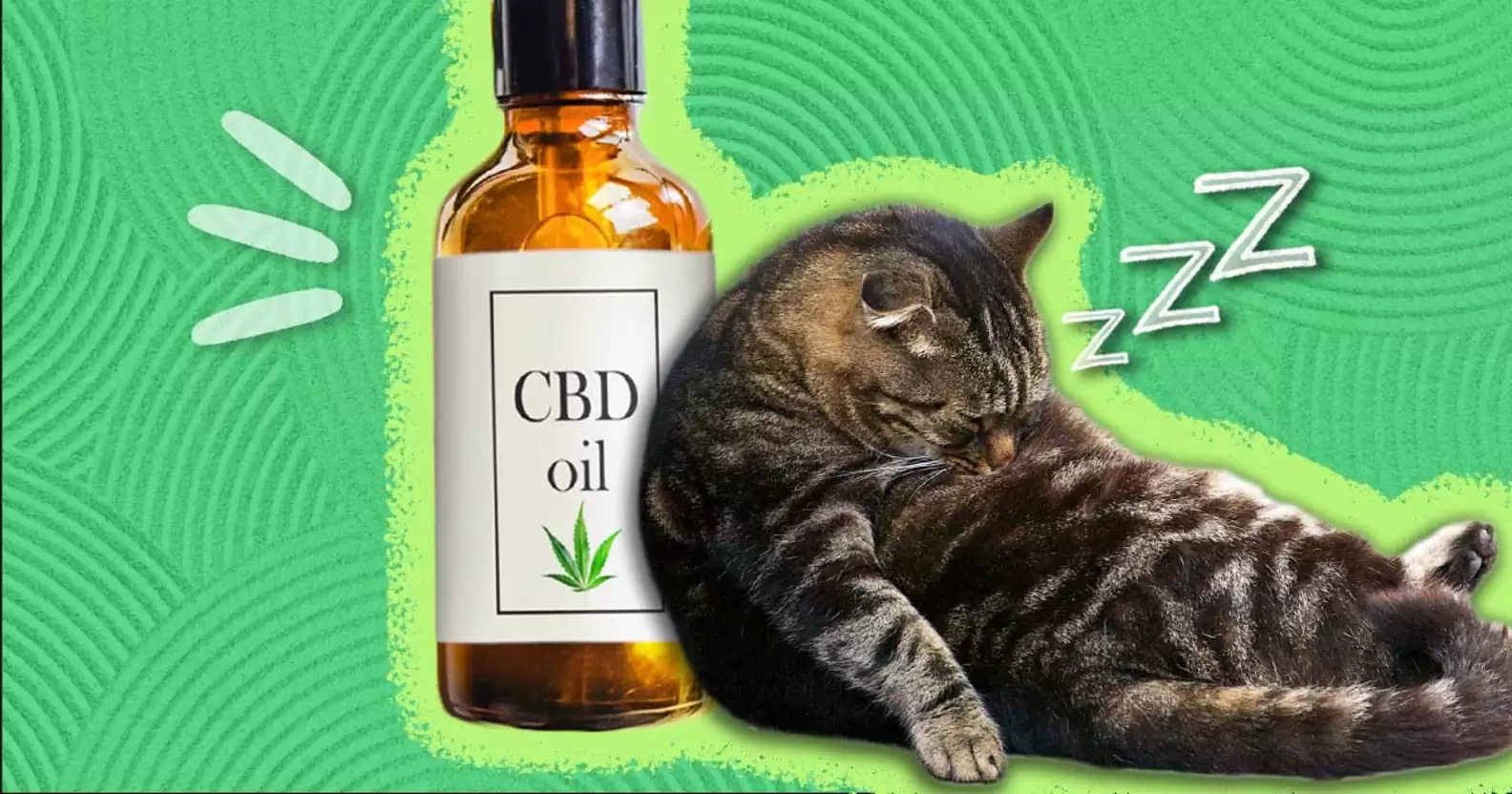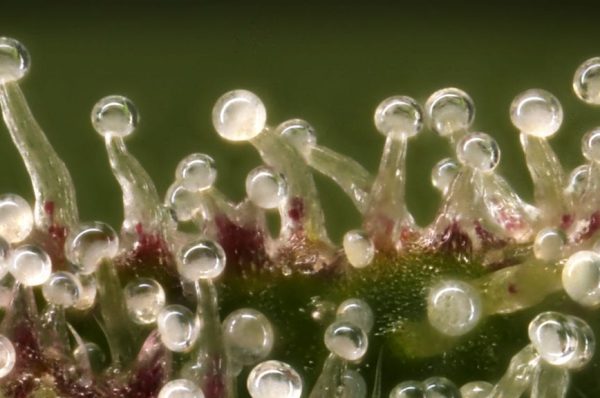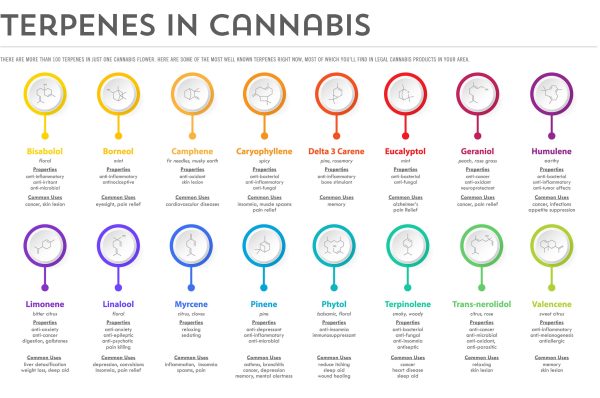The interest in hemp-derived cannabidiol (CBD) for pets has surged, with cat owners particularly keen on exploring natural alternatives for their feline friends’ health and well-being. Hemp-derived CBD is touted for its therapeutic benefits, minus the psychoactive effects associated with tetrahydrocannabinol (THC). This article delves into the use of CBD in cats, covering benefits, dosage, side effects, and methods of administration.
Benefits of CBD for Cats
CBD’s popularity in feline health care is attributed to its multifaceted benefits, which include but are not limited to:
- Anxiety and Stress Relief: CBD is believed to have calming effects on cats, making it beneficial for those suffering from anxiety, stress, or fear-related behaviors.
- Pain Management: It’s also used for its analgesic properties, particularly in managing chronic pain, arthritis, and neuropathic pain.
- Anti-inflammatory Properties: CBD’s anti-inflammatory effects can help manage conditions like inflammatory bowel disease (IBD) and pancreatitis.
- Seizure Control: Some studies suggest CBD can reduce the frequency and severity of seizures in cats with epilepsy or other neurological disorders.
- Appetite Stimulation: CBD may help stimulate appetite in cats who are reluctant eaters due to illness or other factors.
Dosage Guidelines
Determining the right CBD dosage for cats can be challenging due to the lack of standardized dosing recommendations. The general rule of thumb is to start with a low dose and gradually increase it based on the cat’s response. A common starting point is 1-2 mg of CBD per 10 pounds of body weight, administered once or twice daily. However, consulting with a veterinarian experienced in CBD use is crucial to ensure safety and effectiveness.
Side Effects
While CBD is generally considered safe for cats, potential side effects may include:
- Lethargy or Sedation: Higher doses may cause some cats to become sleepy or less active.
- Gastrointestinal Issues: Some cats might experience diarrhea or changes in appetite.
- Dry Mouth: Reduced saliva production can lead to increased thirst.
- Lowered Blood Pressure: High doses might cause a temporary drop in blood pressure, leading to light-headedness.
Observing your cat closely after administering CBD and adjusting the dosage as necessary can help mitigate these side effects.
Administration Methods
CBD for cats is available in various forms, each offering different benefits and challenges in administration:
- CBD Oil: The most versatile form, it can be administered directly into the mouth, added to food, or applied to the skin. It allows for precise dosing but may be challenging to administer to finicky cats.
- CBD Treats: Infused treats are an easy and palatable way to give CBD, though they offer less flexibility in dosing adjustments.
- CBD Capsules: These can be hidden in food or treats but might be difficult to administer to cats that are picky eaters or sensitive to new tastes.
Conclusion
Hemp-derived CBD presents a promising option for cat owners seeking natural remedies for their pets’ health issues. Its potential benefits in managing anxiety, pain, inflammation, seizures, and appetite issues make it a versatile supplement. However, the key to safely and effectively using CBD in cats lies in starting with low doses, closely monitoring the cat’s response, and consulting with a veterinarian. By understanding the nuances of dosage, side effects, and administration methods, cat owners can make informed decisions about incorporating CBD into their pet’s health regimen.
Before introducing any new supplement or medication, including CBD, into your cat’s routine, it’s essential to consult with a veterinarian to ensure it’s a safe and appropriate choice for your pet’s specific health needs.




